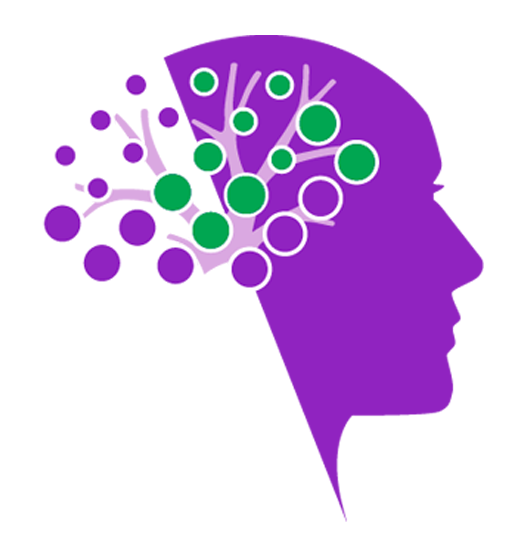Dementia is an umbrella term for a collection of symptoms that are caused by disorders affecting the brain and impact on memory, thinking, behaviour and emotion. The most common is Alzheimer’s disease, which affects 50-60% of people with dementia. Other types of dementia include vascular dementia, Lewy body dementia and fronto-temporal dementia. Dementia can also sometimes affect people who are under the age of 65. This is known as young onset dementia.
Our brains are made up of over 86 billion nerve cells – more than the stars in the Milky Way. Dementia damages nerve cells so they are no longer able to communicate effectively and this impacts on how our body functions.
The specific symptoms a person living with dementia experiences will depend upon what parts of the brain are affected and/or the specific disease that is causing their dementia. Symptoms may include:
- loss of memory
- difficulty in finding the right words or understanding what people are saying
- difficulty in performing previously routine tasks
- personality and mood changes
